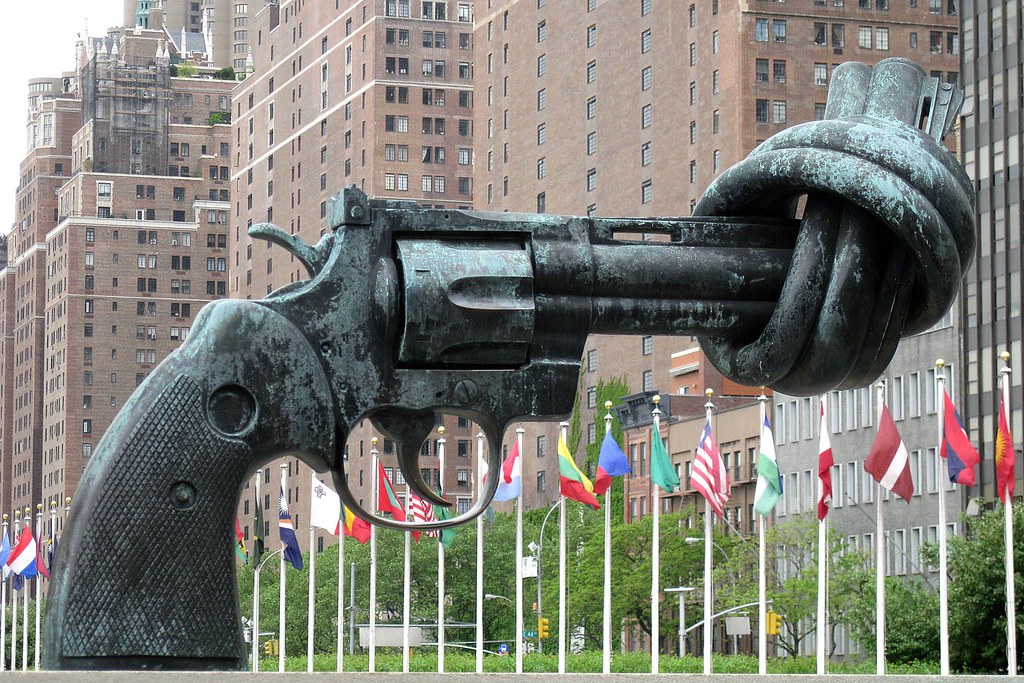In the United States, the intersection between gun violence and its consequential impact on mental health remains a pressing issue. The enduring wave of firearm-related incidents has created a multifaceted crisis that extends beyond physical injuries, profoundly affecting the mental well-being of individuals and communities nationwide.
Recent studies and experts have shed light on the detrimental effects of gun violence on mental health, underlining the extensive psychological trauma experienced by victims, witnesses, and even the broader population affected by such incidents.
Rising Trauma and PTSD: Survivors of gun violence, whether directly injured or witnessing such events, commonly experience post-traumatic stress disorder (PTSD) symptoms. The persistent fear, distress, and recurrent memories of the violent episode can lead to severe anxiety, depression, and emotional instability. Research indicates that the prevalence of PTSD in individuals exposed to gun violence is alarmingly high, significantly impacting their day-to-day functioning and long-term mental health.
Community-Level Impact: Entire communities grapple with the aftermath of gun violence. The constant threat and occurrence of such incidents induce a sense of collective trauma, leading to fear, stress, and a decline in overall mental well-being among residents. Children growing up in these environments face an increased risk of emotional and behavioral disturbances, affecting their academic performance and future prospects.
Public Health Crisis: Mental health repercussions of gun violence contribute to a broader public health crisis. The widespread distress and psychological trauma can lead to increased substance abuse, self-harm, and a higher likelihood of suicidal ideation or attempts among both survivors and those indirectly affected.
Access to Mental Health Services: Unfortunately, access to mental health services remains a significant barrier for many affected by gun violence. Inadequate resources, stigma, and financial constraints often prevent individuals from seeking or receiving the necessary mental health support, further exacerbating the challenges faced in recovering from such traumatic events.
While legislative efforts and policy discussions aim to address gun violence prevention, the intersection with mental health necessitates a comprehensive approach. Greater access to mental health resources, trauma-informed care, community support programs, and ongoing research into the psychological effects of such violence are imperative to mitigate the enduring impact on individuals and society.
Efforts to address gun violence must not only focus on the physical safety aspect, but also take into account the mental health implications that persist long after the incidents occur. Addressing the multifaceted nature of this issue requires a holistic approach that combines prevention, intervention, and support mechanisms to aid in the healing and recovery of those impacted by gun violence.
As the dialogue continues, the necessity to confront the lasting toll of gun violence on mental health is increasingly recognized, calling for comprehensive strategies that prioritize mental well-being alongside broader efforts to reduce and prevent such incidents.
If you or someone you know is in crisis, please dial 911, go to the nearest emergency room, or call 988 to reach a 24 hour crisis lifeline. You can reach the Mental Health Hotline New Jersey at (866) 903-3787.

